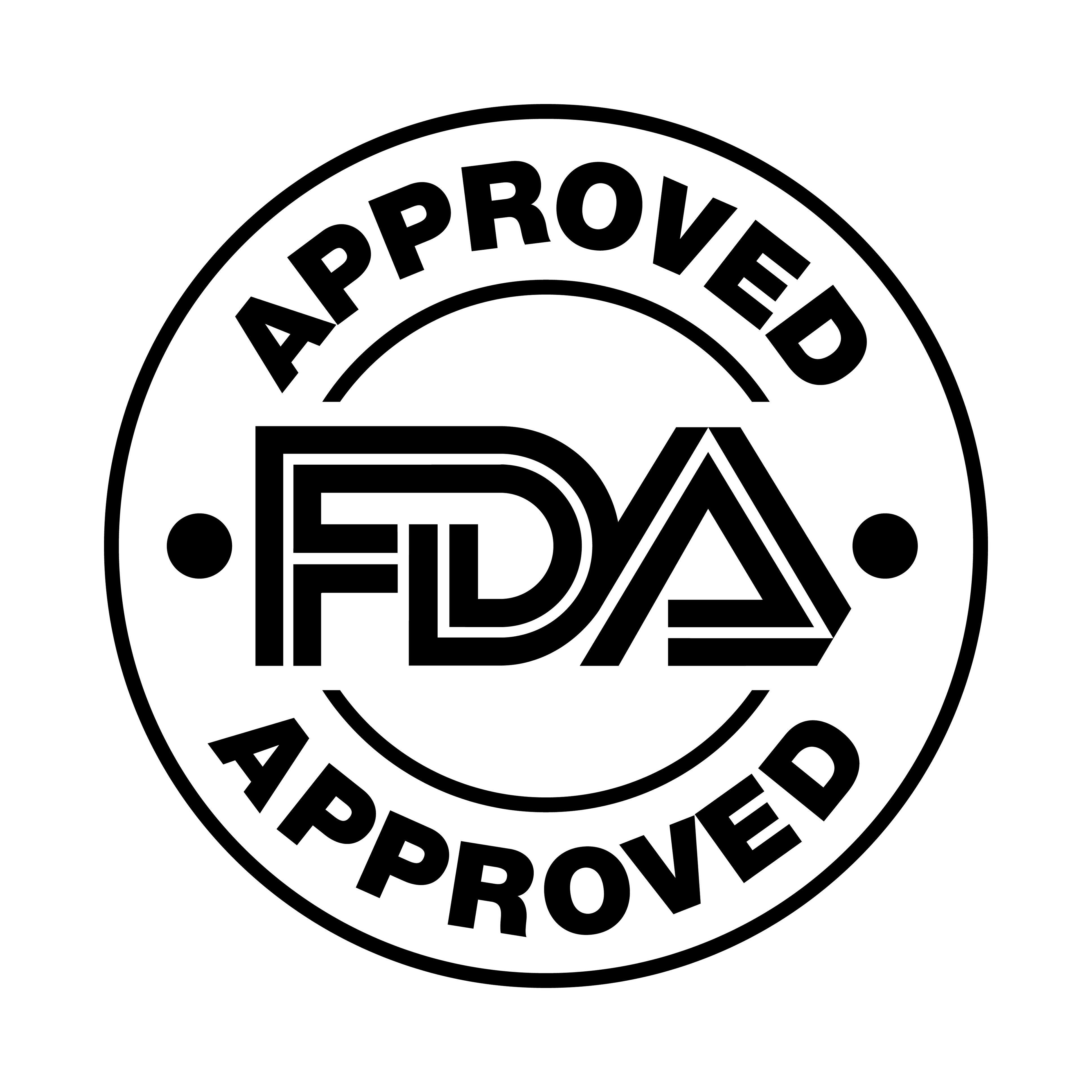FDA expands diazepam nasal spray for seizure clusters to ages 2–5
Diazepam nasal spray (Valtoco) is approved for short-term treatment of seizure clusters, now in patients aged 2 years and older.
FDA expands diazepam nasal spray for seizure clusters to ages 2–5 | Image Credit: © Calin - © Calin - stock.adobe.com.

On April 16, 2025, the FDA approved an expanded indication for diazepam nasal spray (Valtoco; Neurelis) for the short-term treatment of seizure clusters to include patients aged 2 years and older. The decision from the federal agency expands on the prior indication of immediate-use in patients aged 6 years and older.1,2
According to a press release from Neurelis, Inc., treatment is intended for seizure clusters that are different from a person's normal seizure pattern. The proprietary formulation enables noninvasive intranasal delivery of diazepam. The intranasal formulation was previously recognized by the FDA as "clinically superior to the rectal gel formulation of diazepam resulting in its orphan drug exclusivity designation," stated Neurelis.
"The FDA's decision to approve [diazepam nasal spray] for use in early childhood highlights the established balanced safety and efficacy profile," said Eric Segal, MD, in a press release. Segal is director of Pediatric Epilepsy at Northeast Regional Epilepsy Group and Hackensack University Medical Center. "[Diazepam nasal spray] fills a large unmet need for children with seizures and their families. I am hopeful that this product will improve quality of life for this specific population."
Diazepam nasal spray in children 2-5 years
Data from a phase 1/2a study demonstrated that diazepam nasal spray was safe and effective for the newly-indicated patient population. Pharmacokinetic (PK) characteristics presented at the Annual American Epilepsy Society Meeting in December 2024 revealed the spray was readily absorbed with similar exposure for ages 2-3 years and 4-5 years, while demonstrating a consistent PK profile observed in patients aged 6-59 years.3
Data presented at the 2024 meeting also included the following3:
- In an ongoing Phase 1/2a open-label safety study, diazepam nasal spray demonstrated a safety profile in children aged 2–5 years consistent with that observed in older pediatric and adult populations. Over the 180-day observation period, treatment-emergent adverse events (TEAEs) of clinical interest were infrequent and primarily involved mild nasal symptoms, with no individual TEAE reported in more than one patient. Importantly, there were no clinically significant changes in laboratory values or vital signs, and no new safety concerns identified in this younger age group.
- Effectiveness of diazepam nasal spray in treating seizure clusters in children aged 2–5 was evaluated using second dose administration (within 24 hours) as a proxy for seizure control. Rates of second dose use were similar to those observed in pediatric patients aged 6–17 years in the long-term safety study, supporting the appropriateness of the age-based dosing strategy. These interim findings suggest that diazepam nasal spray may offer reliable and consistent seizure control in this younger population.
- Additional efforts in seizure management have focused on expert experience and patient-centered tools. A pilot survey of epileptologists emphasized the need for further guidance on the use of immediate-use seizure medications (ISM) in epilepsy monitoring units, particularly surrounding long-term video EEG monitoring. In parallel, development of the SMART program is underway to support self-management in individuals with seizure clusters, integrating the role of rescue medications into broader care strategies for epilepsy.
"For children who have episodes of frequent seizures, the current standard of care requiring rectal administration of medication to stop a seizure can be a significant challenge for caregivers and children alike," said Jurriaan M Peters, MD, PhD, director, Localization Laboratory, Division of Epilepsy and Clinical Neurophysiology, Boston Children's Hospital, and associate professor in Neurology at Harvard Medical School. "Approval of an immediate-use intranasal diazepam treatment that can be given at any time, even while a child is actively seizing, in this young age group is an important advance for the epilepsy community."1
Diazepam nasal spray contraindications
According to Neurelis, diazepam nasal spray in contraindicated in patients with hypersensitivity to diazepam and those with acute narrow-angle glaucoma.
References:
1. Neurelis announces FDA approval for immediate use seizure medication Valtoco® (diazepam nasal spray) in ages 2 to 5. Neurelis, Inc. Press release. April 16, 2025. Accessed April 16, 2025. https://www.prnewswire.com/news-releases/neurelis-announces-fda-approval-for-immediate-use-seizure-medication-valtoco-diazepam-nasal-spray-in-ages-2-to-5
2. Valtoco (diazepam nasal spray. Valtoco.com. Accessed April 16, 2025. https://valtoco.com/
3. Neurelis presents studies on seizure clusters at the American Epilepsy Society Annual Meeting. Neurelis. Press release. December 6, 2024. Accessed April 16, 2025. https://www.neurelis.com/neurelis-presents-studies-on-seizure-clusters-at-the-american-epilepsy-society-annual-meeting/